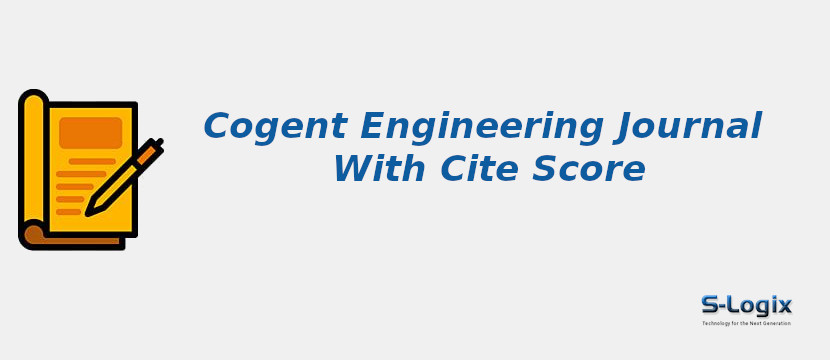Journal Home: Journal Homepage
Editor-in-Chief: Duc Pham
Print ISSN: 23311916
Electronic ISSN:
Abstracting and Indexing: Scopus
Imapct Factor 2024: 2.5
Subject Area and Category: Chemical Engineering, Chemical Engineering (miscellaneous), Computer Science, Computer Science (miscellaneous), Engineering, Engineering (miscellaneous)
Publication Frequency:
H Index: 51
Q1:
Q2: Chemical Engineering (miscellaneous)
Q3:
Q4:
Cite Score: 4.4
SNIP: 0.980
Journal Rank(SJR): 0.476
Latest Articles: Latest Articles in Cogent Engineering
Guidelines for Authors: Cogent Engineering Author Guidelines
Paper Submissions: Paper Submissions in Cogent Engineering
Publisher: Cogent OA
Country: United Kingdom
